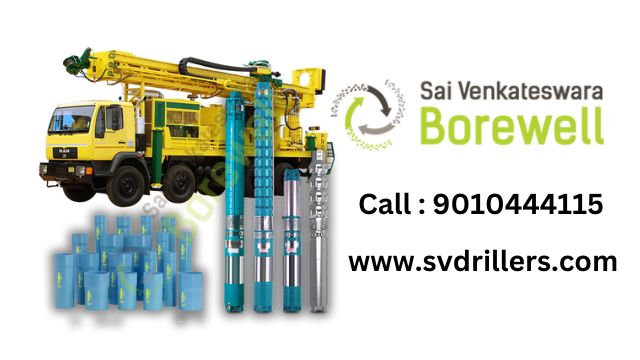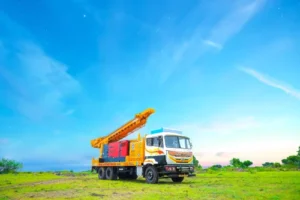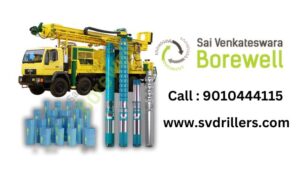Introduction
Are you looking for a reliable water source but unsure about the water bore cost? Understanding the expenses involved in drilling a water bore is crucial for budgeting and planning. This guide provides a detailed breakdown of water bore cost, factors affecting pricing, and tips for affordable drilling.
What is Water Bore Cost?
Water bore cost refers to the total expenses involved in drilling, installing, and maintaining a water borehole. It includes:
- Drilling charges (per meter)
- Equipment and labor costs
- Permit and licensing fees
- Pump and installation expenses
Factors Affecting Water Bore Cost
Several factors influence the water bore cost, including:
1. Depth of the Borehole
Deeper boreholes require more drilling time and resources, increasing costs.
2. Geological Conditions
Hard rock formations are more challenging to drill, raising expenses.
3. Location & Accessibility
Remote areas may have higher transportation and labor costs.
4. Pump & Equipment Quality
High-quality submersible pumps and drilling rigs add to the water bore cost but ensure long-term efficiency.
5. Permits & Legal Requirements
Some regions require permits, which can add to the total cost.
How to Reduce Water Bore Cost?
- Compare Multiple Quotes – Get estimates from different drilling companies.
- Opt for Off-Peak Drilling – Some contractors offer discounts during less busy seasons.
- Choose the Right Depth – Avoid unnecessary deep drilling if a shallow water source is sufficient.
- Maintenance & Efficiency – Regular maintenance reduces long-term repair costs.
Water Bore Cost Breakdown (Average Estimates)
| Component | Estimated Cost (INR) |
|---|---|
| Drilling (per meter) | ₹1,500 – ₹3,500 |
| Pump Installation | ₹20,000 – ₹50,000 |
| Casing & Pipes | ₹5,000 – ₹15,000 |
| Permits & Testing | ₹5,000 – ₹10,000 |
Frequently Asked Questions (FAQs)
1. What is the average water bore cost in India?
The water bore cost varies between ₹1,500 to ₹3,500 per meter, depending on location and depth.
2. How long does a borehole last?
A well-maintained borehole can last 20-50 years with proper care.
3. Do I need a permit for drilling a borehole?
Yes, some states require permits. Check local regulations before drilling.
4. Can I drill a borehole anywhere?
No, a hydrogeological survey is needed to determine water availability.
5. What is the best time to drill a borehole?
Post-monsoon is ideal as the water table is higher.
Conclusion
Understanding the water bore cost helps in making informed decisions for affordable and efficient drilling. Whether for residential or agricultural use, proper planning ensures cost savings and long-term benefits.
🚀 Need expert help?
📞 Call us today at +91 9010444115
🌐 Visit SV Drillers for a free consultation!
Keywords & URLs
- Water bore cost – https://svdrillers.com/water-bore-cost
- Borewell installation – https://svdrillers.com/borewell-installation
- Drilling cost per meter – https://svdrillers.com/drilling-cost-per-meter
- Borehole maintenance – https://svdrillers.com/borehole-maintenance
- Water pump installation – https://svdrillers.com/water-pump-installation
For professional web design and digital marketing services, check out Vebnox.
Optimized for fast indexing and mobile readability.
Images (if used):
- Alt Text: "Water bore drilling rig in action"
- Alt Text: "Submersible pump installation in a borehole"



